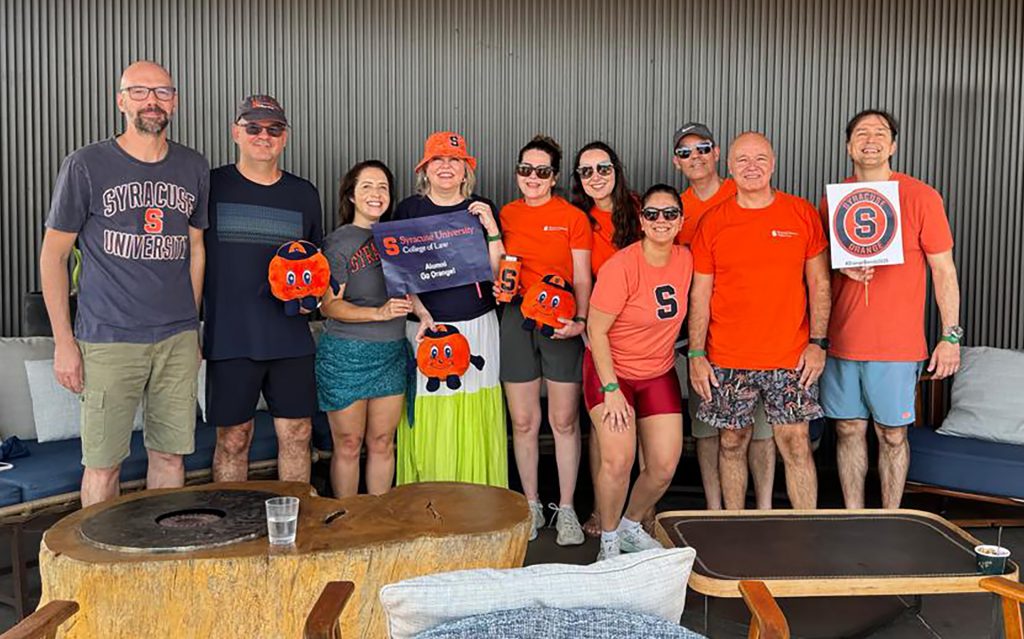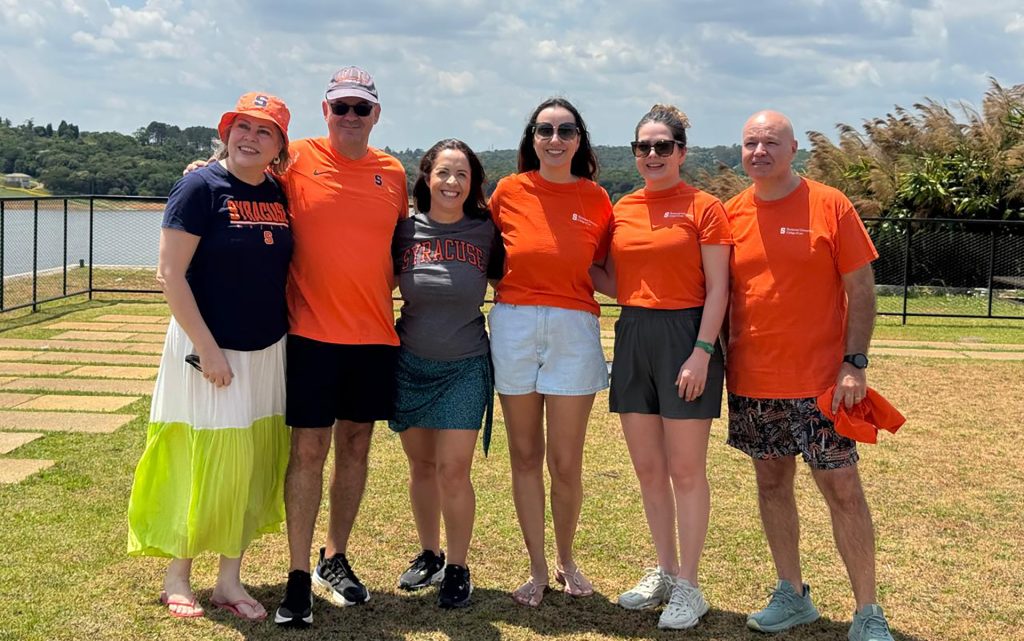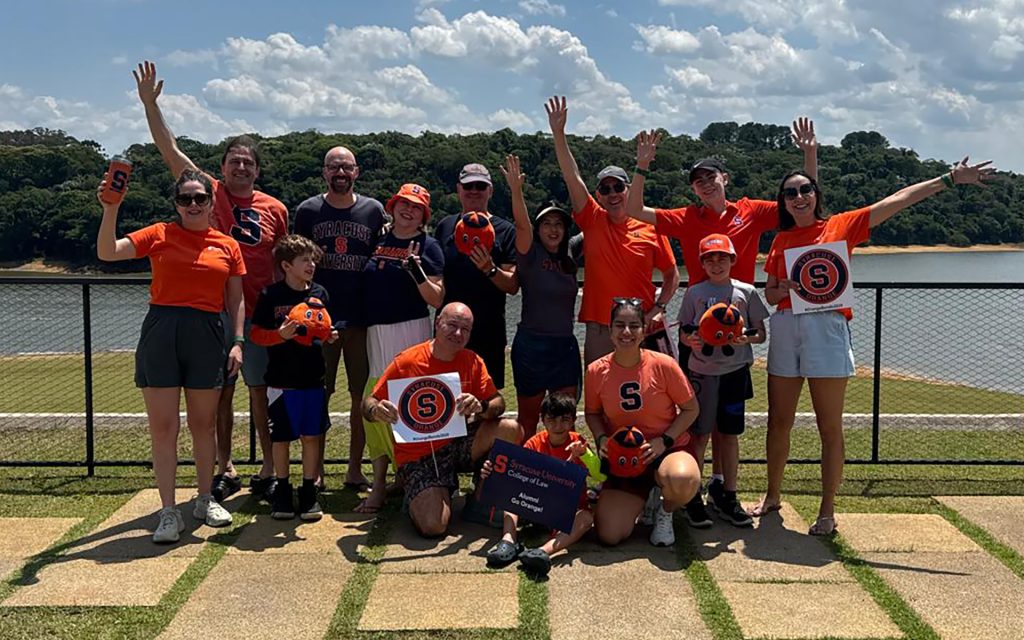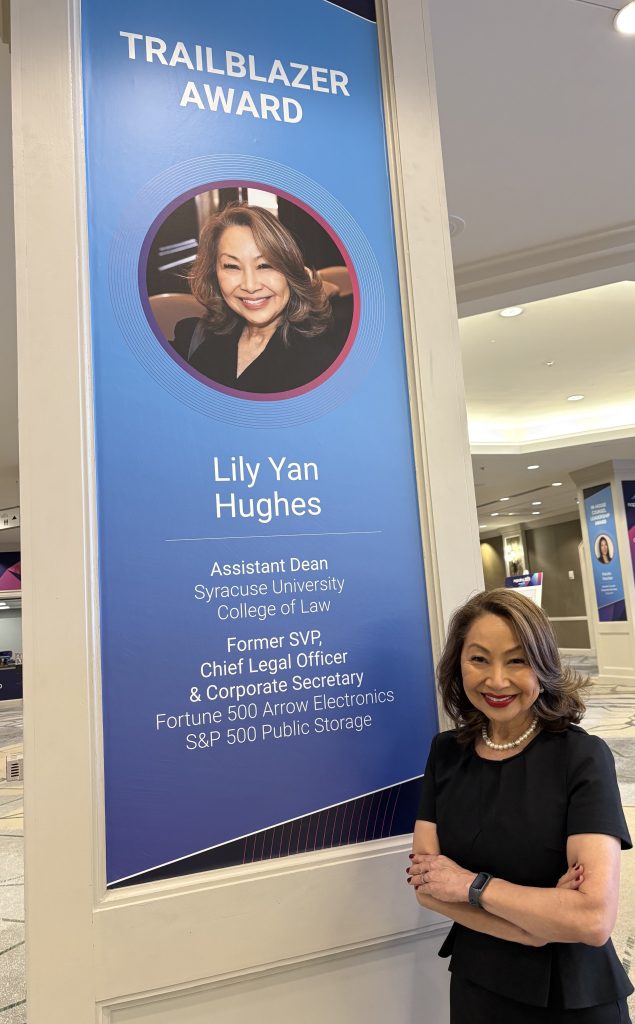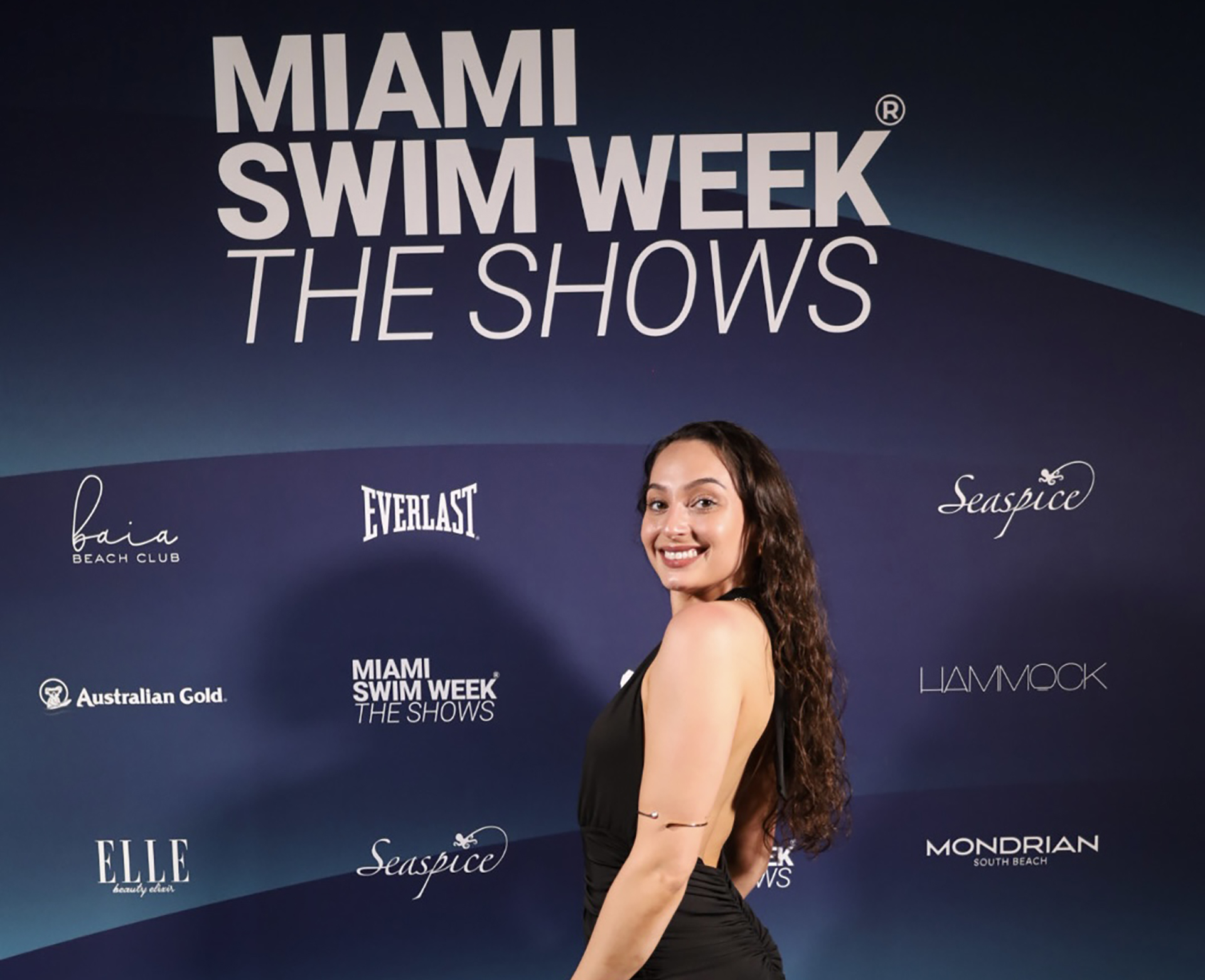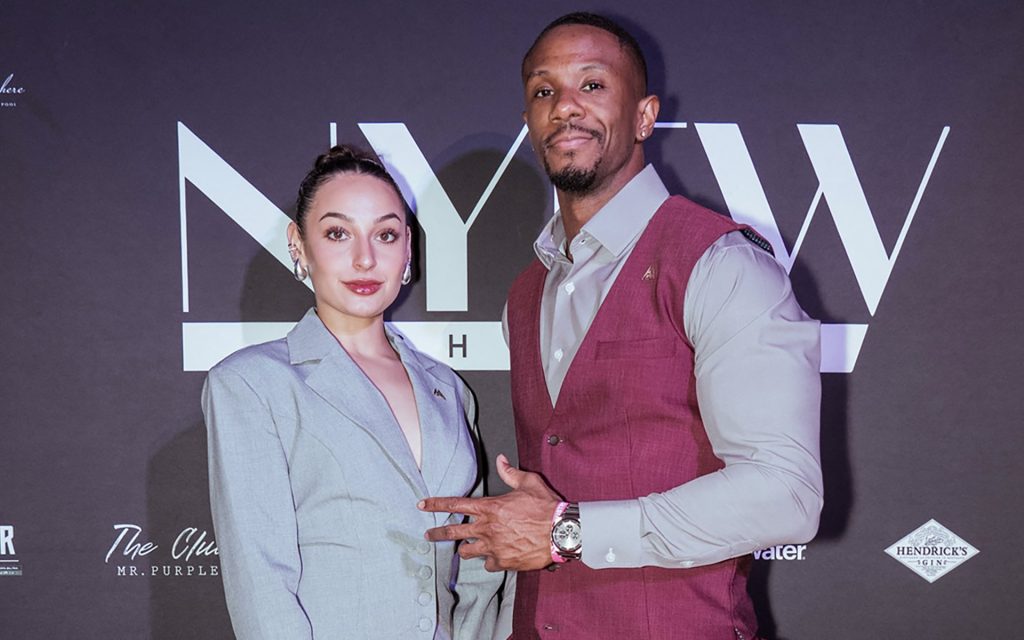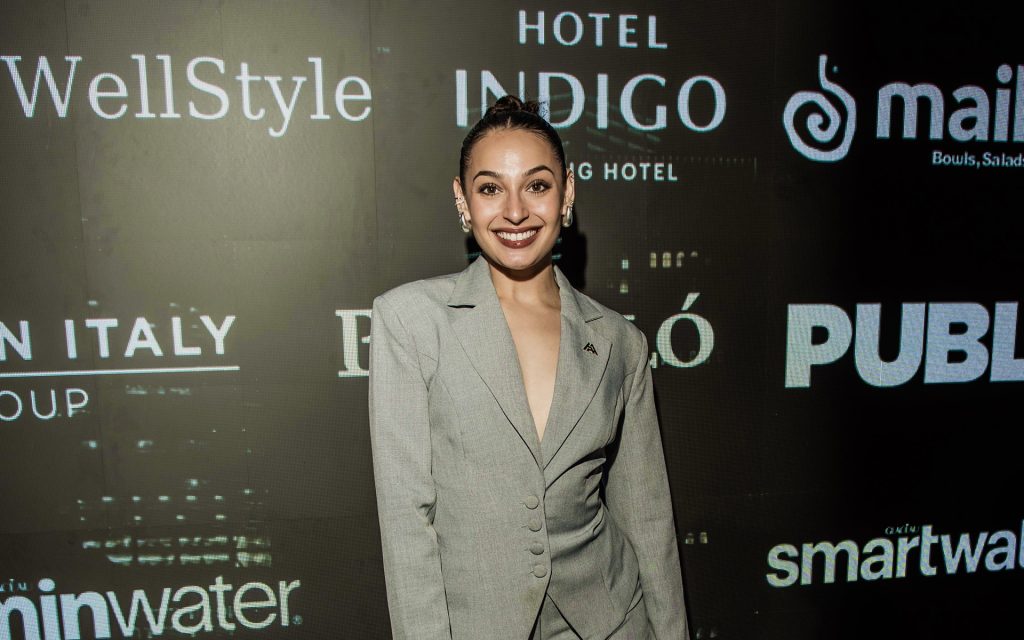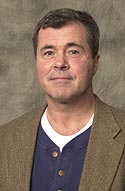Syracuse University College of Law will host The Americans with Disabilities Act and Universal Design: Global Legacy and Potential in Higher Ed” Symposium on April 10 in Dineen Hall.
The symposium will examine the transformative global impact of the Americans with Disabilities Act (ADA) and the evolution of universal design principles in higher education contexts worldwide. This symposium explores how the ADA’s foundational principles have transcended U.S. borders to influence international disability rights frameworks, accessibility standards, and inclusive design practices across diverse cultural and legal landscapes.
April 10, 2026, 9 a.m. – 5 p.m.
Dineen Hall, Melanie Gray Ceremonial Courtroom
Symposium Topics
- Comparative analysis of international disability rights legislation influenced by the ADA
- Universal design implementation in global higher education institutions
- The role of artificial intelligence in universal design for learning in higher education
- The role of advocacy and activism in expanding universal design globally
- Cross-cultural perspectives on accessibility and inclusion in academic environments
- Technology and digital accessibility in international educational contexts
- Legal frameworks and policy development for disability rights worldwide
- Campus planning and architectural accessibility across different cultural contexts
- Intersectionality and disability rights in diverse global communities
- Challenges and opportunities in implementing universal design principles internationally
- Innovative solutions for advancing accessibility and equity in higher education

Poster Display Guidelines and Requirements
Global Impact of the ADA and Universal Design in Higher Education Symposium
POSTER SPECIFICATIONS
Physical Requirements
● Size: 48 inches (width) × 36 inches (height) / 122 cm × 91 cm
● Orientation: Landscape preferred; portrait acceptable
● Format: Single poster panel
● Mounting: Self-supporting or designed for mounting on provided display boards
● Material: Durable material suitable for display (foam board, printed fabric, or laminated paper)
Digital Submission to Organizers
● Submit a PDF version (maximum 10 MB) by February 15, 2026
● Resolution: Minimum 150 dpi for final print quality
● File naming convention: LastName_FirstName_PosterTitle.pdf
● But please note that you will need to print your own posters for display at the symposium
CONTENT REQUIREMENTS
Required Elements
1. Title Section
●Poster title (clear, concise, engaging)
● Author name(s) and institutional affiliation(s)
● Contact information (email for primary author)
● Session identifier (will be provided upon acceptance)
2. Main Content Your poster must include the following sections, clearly labeled:
Abstract/Introduction (150-250 words)
● Research question or practice innovation
● Relevance to symposium themes
● Theoretical or practical framework
Methods/Approach (if applicable)
● Research design or implementation strategy
● Data collection and analysis methods
● Study context and participants
Findings/Outcomes
● Key results, innovations, or insights
● Data visualizations (charts, graphs, photos, diagrams)
● Evidence supporting conclusions
Discussion/Implications
● Significance for global disability rights and universal design
● Cross-cultural considerations
● Connections to ADA principles and international frameworks
Conclusions
● Summary of main contributions
● Future directions or recommendations
● Call to action or practical applications
References
● Minimum 5-8 key scholarly sources
● Use APA 7th edition format or Bluebook
● Include international and diverse perspectives where applicable
3. Visual Elements
● Minimum 30% of poster space should be visual (images, diagrams, charts, infographics)
● All images must include alt-text descriptions in your digital submission
● Use high-quality, culturally appropriate images with proper permissions/credits
DESIGN GUIDELINES
Accessibility Requirements (MANDATORY)
Text and Typography
● Minimum font size: 24-point for body text; 36-point for headings; 72-point for title
● Sans-serif fonts (Arial, Calibri, Helvetica, Verdana)
● High contrast between text and background (minimum 4.5:1 ratio)
● Avoid italics and underlining except for citations
● Use bold for emphasis rather than color alone
Color and Contrast
● Avoid relying solely on color to convey information
● Use patterns or textures in addition to color in graphs/charts
● Test color combinations using a color contrast checker
● Consider color blindness accessibility (avoid red-green combinations)
● Provide a grayscale-friendly version in your digital submission
Visual Accessibility
● All charts and graphs must include text descriptions
● Images must have captions describing content
● Use simple, clear infographics rather than complex diagrams
● Consider providing QR code linking to accessible digital version with full alt-text
Language and Readability
● Write in clear, plain language (avoid unnecessary jargon)
● Define technical terms when first used
● Use active voice and short sentences
● Organize content with clear visual hierarchy
● Include glossary for specialized terminology if needed
Design Best Practices
Layout
● Organize content in logical flow (typically left-to-right, top-to-bottom for Western contexts;
note cultural reading patterns)
● Use white space effectively (avoid cluttering)
● Group related information together
● Create clear visual pathways through content
● Balance text and visual elements
Visual Design
● Maintain consistent style throughout
● Align elements for professional appearance
● Use borders or background colors to define sections
● Limit color palette to 3-4 complementary colors
● Ensure professional quality of all images and graphics
CONTENT FOCUS AREAS
Your poster should address at least one of these symposium themes:
Theme 1: International Legal and Policy Frameworks
● Comparative disability rights legislation
● ADA influence on international laws
● National accommodation policies
● Enforcement mechanisms across jurisdictions
Theme 2: Universal Design in Practice
● Implementation case studies from specific institutions
● Curriculum design and pedagogical innovations
● Physical campus accessibility
● Digital and technology accessibility
Theme 3: Cross-Cultural Perspectives
● Cultural models of disability
● Indigenous and non-Western approaches to inclusion
● Intersectionality in global contexts
● Translation of accessibility concepts across cultures
Theme 4: Innovation and Technology
● AI and machine learning for accessibility
● Assistive technology developments
● Digital learning platforms
● Emerging accessibility tools
Theme 5: Advocacy and Social Change
● Disability rights movements globally
● Student and faculty activism
● Community partnerships
● Policy advocacy strategies
SUBMISSION PROCESS
Proposal Stage (Initial Submission)
Submit by March 1, 2026
1. Extended Abstract (500-750 words) including:
○ Research question or innovation description
○ Methodology or implementation approach
○ Preliminary findings or expected outcomes
○ Significance to symposium themes
2. Author Information Form:
○ All authors’ names, titles, affiliations
○ Primary contact information
○ Brief biographical statement (50 words per author) or CV
3. Keywords: 5-7 keywords identifying your topic area
Review Criteria
Proposals will be evaluated on:
● Relevance to symposium themes (30%)
● Originality and significance of contribution (25%)
● Methodological rigor or implementation quality (20%)
● International or cross-cultural perspective (15%)
● Clarity and organization (10%)
Final Poster Submission
Upon acceptance, submit by March 1, 2026
● PDF of final poster design
● Accessible version with complete alt-text for all visual elements
● 100-word plain language summary for program
● High-resolution author photo (optional)
PRESENTATION REQUIREMENTS
Poster Session Format
● Duration: 60-minute poster session
● Presence: At least one author must be present for entire session
● Engagement: Prepare 2-3 minute verbal summary for attendees
● Materials: Bring business cards or handouts with contact information
Accessibility During Presentation
● Prepare large-print handouts (18-point minimum) with poster summary
● Offer to describe visual elements verbally
● Stand to the side of poster (not blocking view)
● Be prepared to discuss in multiple languages if possible
● Have digital version available on tablet or laptop for closer viewing
Interactive Elements (Encouraged)
● QR code linking to:
○ Extended research paper or report
○ Video demonstration or presentation
○ Accessible digital version
○ Additional resources or data
● Handouts with key takeaways
● Contact information for follow-up collaboration
EVALUATION AND RECOGNITION
Poster Competition Categories
● Best Overall Poster
● Most Innovative Approach
● Best Visual Design
● Outstanding International Perspective
● Best Student Poster
● Excellence in Accessibility
Judging Criteria
● Content quality and significance (40%)
● Visual design and accessibility (30%)
● Clarity of communication (20%)
● Engagement and presentation (10%)
IMPORTANT DATES
● Proposal Submission Deadline: March 1, 2026
● Notification of Acceptance: first week March 2026
● Final Poster Submission Deadline: March 20,2026
● Symposium Dates: April 10
● Poster Session: April 10 11:50am -1 pm
ACCESSIBILITY COMMITMENT
We are committed to ensuring this symposium exemplifies the principles of universal design and
accessibility. If you require accommodations for the submission or presentation process, please
contact Anna Dallam at atdallam@syr.edu at least a week before relevant deadlines.
Accommodations available include:
● Alternative submission formats
● Extended deadlines for documented accessibility needs
● Presentation support (sign language interpretation, live captioning)
● Accessible presentation technology
● Dietary accommodations
QUESTIONS AND CONTACT
Symposium Coordinators:
Anna Dallam atdallam@syr.edu
Professor Cora True-Frost, Laura L. and Douglas Meredith Professor of Teaching Excellence Website
Link
ADDITIONAL GUIDELINES
Ethical Considerations
● Obtain informed consent from research participants
● Respect cultural sensitivity in representations
● Acknowledge funding sources and conflicts of interest
● Credit all contributors appropriately
● Obtain permission for copyrighted materials
● AI use should be focused on editing
Style
● Avoid ableist language and deficit models
● Define acronyms on first use
International Considerations
● Include geographic diversity in references
● Acknowledge limitations of context-specific findings
● Consider multiple legal and cultural frameworks
● Translate key terms where helpful
● Note currency conversions and equivalents
PUBLICATION OPPORTUNITIES
Selected posters may be invited for:
● Extended publication in symposium proceedings
● Possible webinar presentation for broader audience
● Inclusion in edited volume on global disability rights
We look forward to your contributions to this important dialogue on the global impact of
the ADA and universal design in higher education. Your research, innovations, and perspectives are essential to advancing accessibility and inclusion worldwide.
Dineen Hall is located at 950 Irving Avenue, Syracuse, New York 13244
When driving, Syracuse University is most easily reached from Interstate 81.
New York State Thruway travelers should exit at Interstate 81(Thruway Exit 36) and proceed south. Both northbound and southbound travelers on Interstate 81 should exit at Adams Street (Exit 18.) Continue up the Adams Street hill to the third traffic light. Cross University Avenue and continue past Dineen Hall and the Carrier Dome. Turn right onto E. Raynor Avenue and right onto Stadium Place. The entrance to the Irving Parking Garage will be on your right.
Dineen Hall is located on the corner of Irving Avenue and Raynor Avenue, directly across from the Carrier Dome. Parking arrangements will be made for you in the Irving Parking Garage, located between Dineen Hall and the VA Garage which is accessible via Stadium Place.
The Symposium is supported by:
- Burton Blatt Institute
- Center on Disability and Inclusion
- D’Aniello Institute for Veterans and Military Families at Syracuse University (IVMF)
- Disability Law and Policy Program
- Disability Law Students Association
- Impunity Watch News
- Journal of Global Rights and Organizations
- National Veterans Resource Center
- Office of Veteran and Military Affairs
- Syracuse Journal of International Law and Commerce
- Syracuse University Center for Disability Resources
- Syracuse University Center for Teaching and Learning Excellence
Event Contact
Contact Anna Dallam with any questions.


